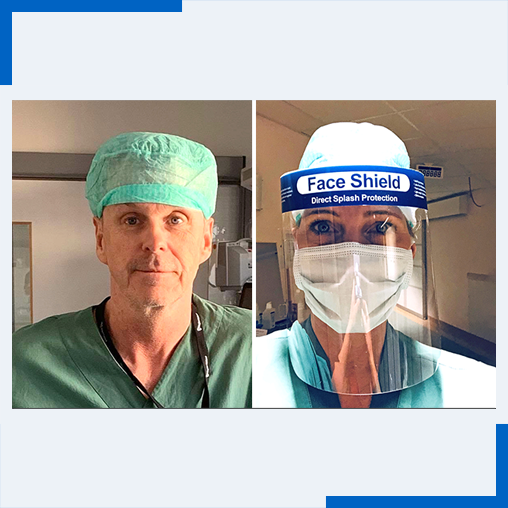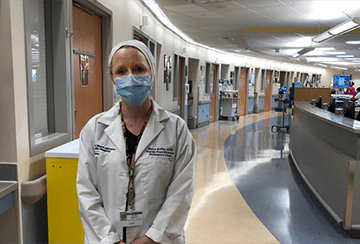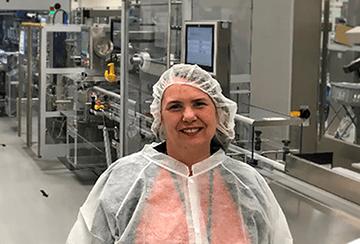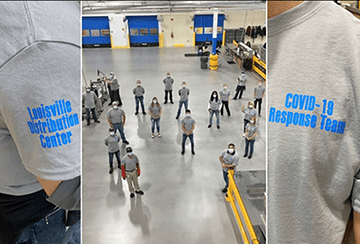Sweden has been among the European countries hardest hit on a per-capita basis by COVID-19. With just over 10 million people, the Scandinavian country logged almost 83,000 confirmed cases of coronavirus infection and more than 5,700 deaths by mid August. The pandemic has put considerable strain on the country's healthcare system, prompting several Amgen Sweden colleagues who are also intensive care nurses to offer their help in caring for COVID-19 patients. Among them are biosimilars lead Petra Björkander and Otezla senior key account manager Mikael Hansson. Although two decades have passed since either Björkander or Hansson practiced as nurses, both chose to assist at local hospitals in managing patients infected with the new coronavirus.
Björkander described the challenges she and her ICU co-workers face in serving these patients, many of whom are desperately ill.
Anyone who works in an intensive care unit knows how much the staff must try to accomplish, often with very little information. The environment of an ICU can be frightening, chaotic, and at times overwhelming. Our patients are often helpless and rely on us to maintain their lung and heart function and manage their everyday needs relating to nutrition, hygiene and emotional support.
The challenges facing intensive care nurses are even more daunting in the COVID-19 era. None of us fully understands yet the behavior of the new coronavirus, and many of our patients who present with coronavirus infection are in very bad shape. Some stay in the ICU for as long as a month, attached to ventilators that artificially breathe for them or to ECMO (Extracorporeal Membrane Oxygenation) machines that pump their blood outside of their bodies for oxygenation.
Every time a nurse begins a new shift, he or she needs to work with the supervising physician to triage incoming patients and establish priorities. This involves decisions that none of us is comfortable making. For instance, do we remove from a ventilator a patient who still needs respiratory support in order to free up that machine for a new patient who might be in even worse shape?
For me, the worst thing is to see how much these patients suffer. Although many are elderly, many others are younger—my youngest patient so far was just eighteen years old. You can see the panic in their eyes as they struggle to breathe. And once they are intubated on a ventilator, it's even harder for us on the care team because we know there's often little if anything more we can do.
Both Hansson and Björkander stressed their appreciation to their Amgen supervisors and HR partners for supporting so fully their after-hours work in the ICU. "My hospital co-workers understand how important it is to Amgen that I'm able to help out in the ICU," Hansson commented, "and this has strengthened our company's reputation in their eyes. I'm grateful for having this opportunity to put Amgen's values into practice." Added Björkander, "this experience is reinforcing for me the importance of what we at Amgen do every day. Regardless of the role we perform, all of us are helping to serve patients."
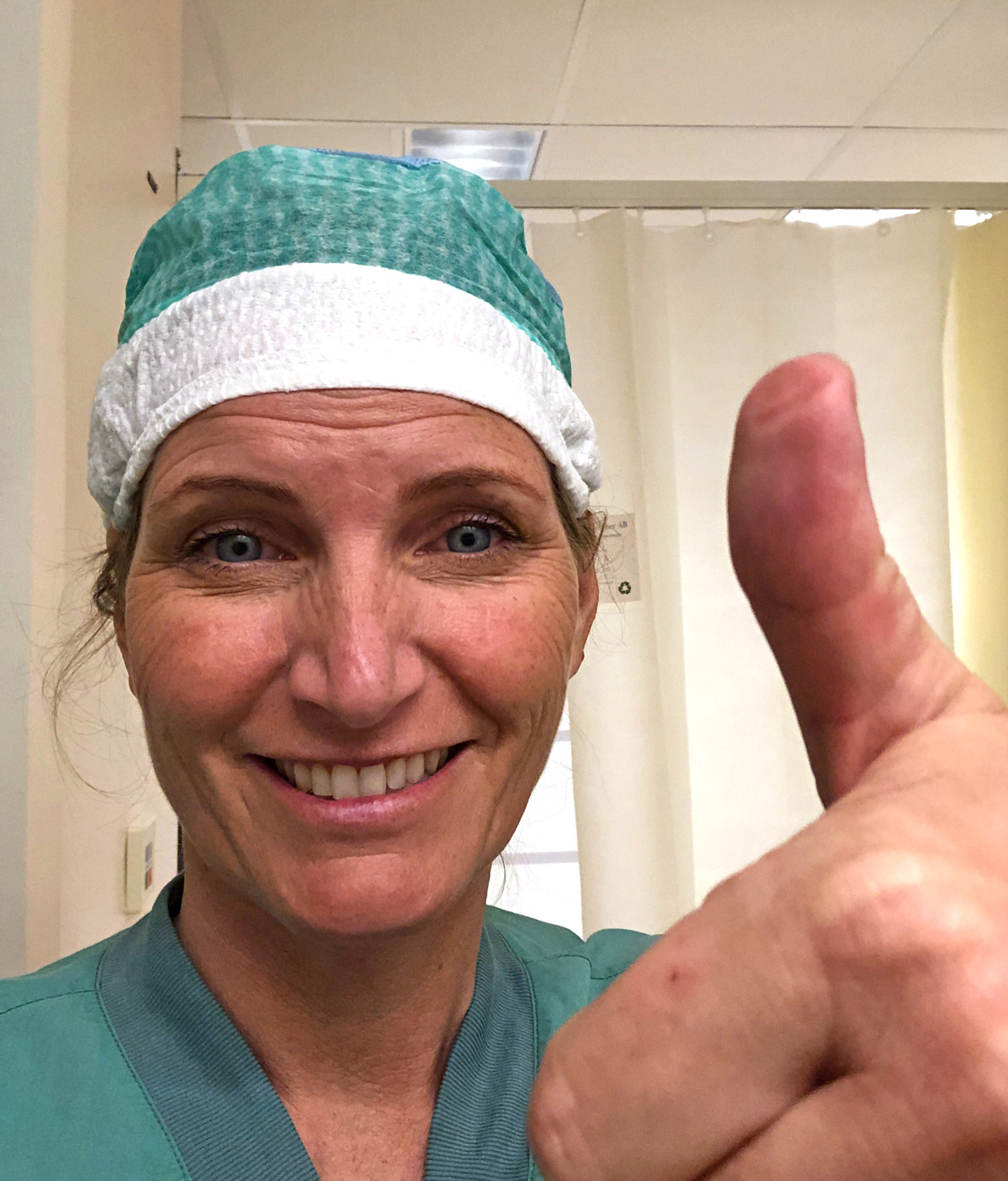
As the COVID-19 pandemic continues to evolve, we are committed to doing everything we can to keep our staff and their families safe, as well as to help the communities where we live and work reduce the number of people exposed to the virus. We are also committed to continuing to deliver an uninterrupted supply of our medicines for the patients who need them. If you are a patient, medical professional, employee, or member of the community, please see our
COVID-19 Information Center page.

